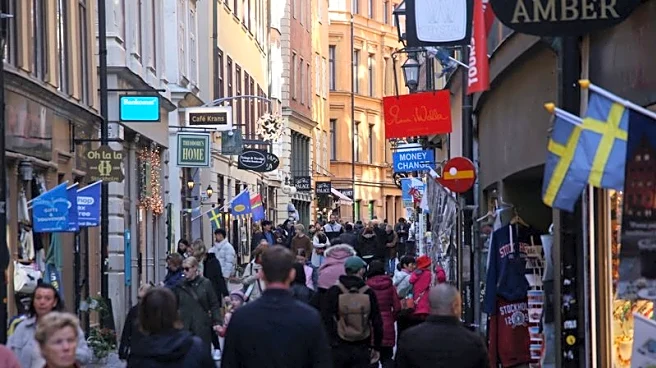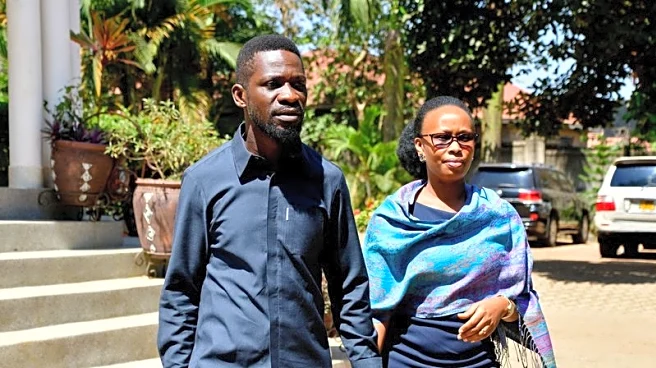Rapid Read • 7 min read
President Trump has signed executive orders aimed at ending cashless bail for criminal suspects and increasing federal charges against defendants in Washington, D.C. The orders direct Attorney General Pam Bondi to compile a list of jurisdictions that have eliminated cash bail for crimes posing a threat to public safety. Additionally, the orders instruct federal agencies to identify and potentially suspend federal funds to these jurisdictions. The District of Columbia, which barred cash bail in 1992, is specifically targeted, with Trump emphasizing federalization as a means to enforce these changes. The orders also aim to hold more criminal defendants in federal custody, addressing concerns about repeat offenders being released due to cashless bail policies.
AD
The executive orders represent a significant shift in criminal justice policy, particularly in Washington, D.C., where cashless bail has been in place for decades. By targeting jurisdictions with cashless bail policies, the orders could lead to increased federal oversight and potential funding cuts, impacting local governments and social programs. The move is likely to spark debate over the balance between public safety and civil liberties, as well as the role of federal intervention in local criminal justice systems. Critics may argue that the orders could disproportionately affect marginalized communities, while supporters may view them as necessary for reducing crime and ensuring public safety.
The implementation of these orders will likely face legal challenges, particularly concerning the suspension of federal funds already appropriated by Congress. Local governments and advocacy groups may contest the orders, arguing that they infringe on state and local autonomy. Additionally, the creation of a special unit within the DC National Guard to ensure public safety could lead to increased federal presence and oversight in the capital. The orders may also prompt legislative action, with figures like Rep. Elise Stefanik expressing intent to sponsor related legislation. The broader impact on national criminal justice policies remains to be seen.
AD
More Stories You Might Enjoy











